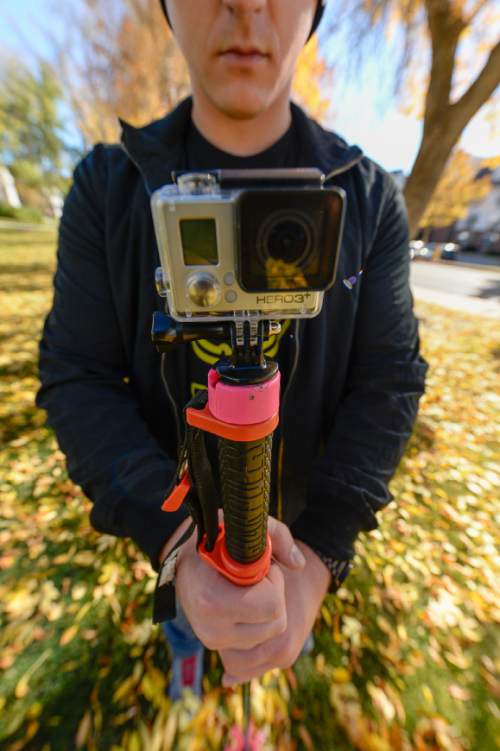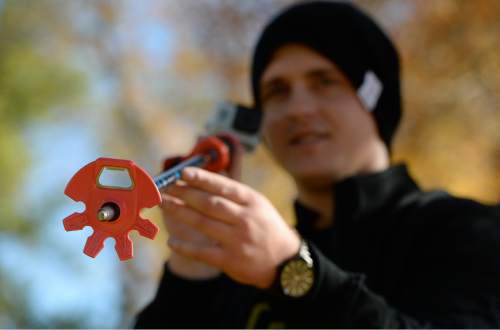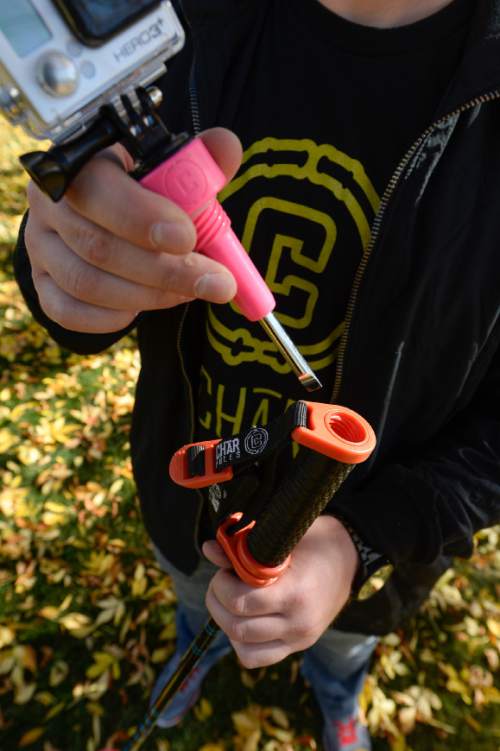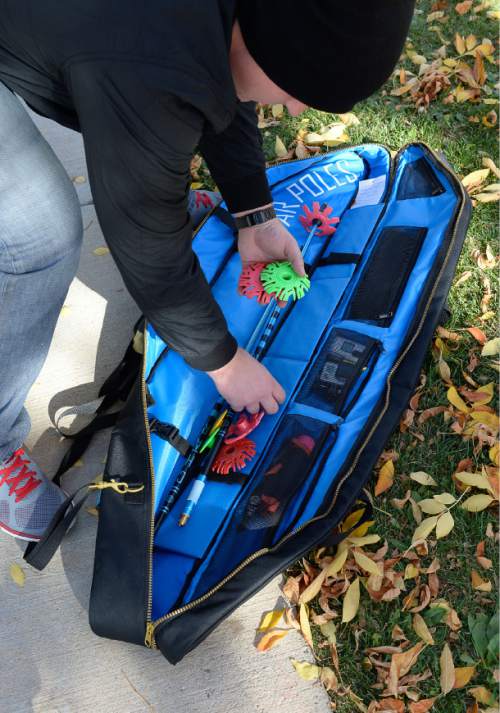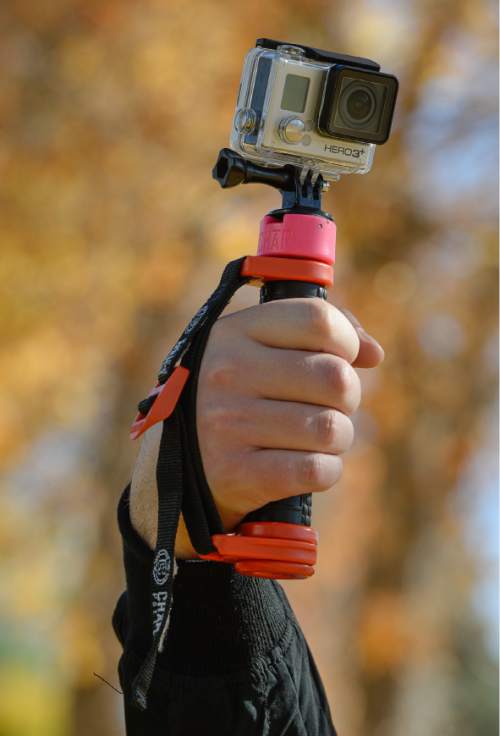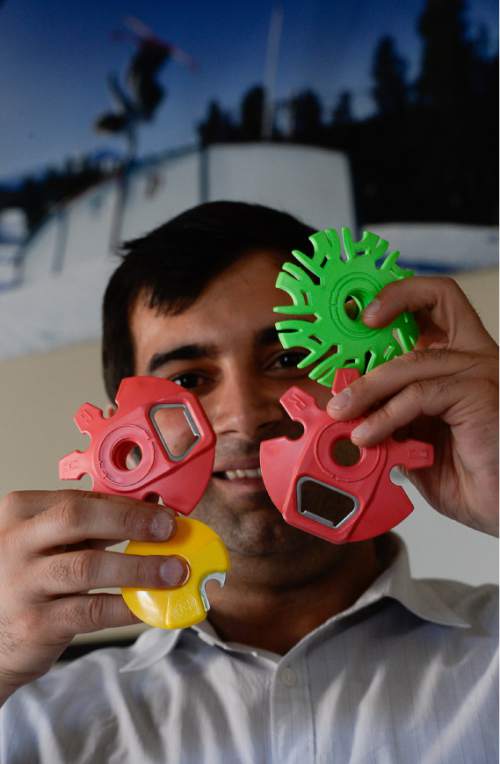This is an archived article that was published on sltrib.com in 2014, and information in the article may be outdated. It is provided only for personal research purposes and may not be reprinted.
Startups need their own space.
The University of Utah is embracing the notion, bringing elements of Silicon Valley to campus with a $43 million entrepreneurship building set to open in the fall of 2016.
It includes a cluster of lofted dorm rooms, living "pods" and 20,000 square feet of open work space called the "garage."
The goal is a "free-form state of living, sleeping and creating in the same space," said Troy D'Ambrosio, executive director of the flagship school's entrepreneurship institute.
And if students refuse to leave, D'Ambrosio said, that's a good thing.
"I hope to have that problem," he said.
Most of the building is paid for by private donations: mining magnate and 1971 MBA graduate Pierre Lassonde gave $12 million. Some student housing fees also go toward the project.
EDA Architects, which is working on the project, didn't respond to Tribune requests for comment. But school officials said the design drew on Facebook and Google-inspired spaces at Stanford, New York University and Canada's University of Waterloo.
School officials have not yet decided how to choose the 400 students who will live above the workspace or how much those rooms will cost, said Barb Remsburg, director of housing and residential education. But any undergrad or graduate student can apply for the spots, she said.
Landing a one-person box or "pod," a four-person loft, a single or a double room next fall could prove cutthroat: The Entrepreneurship Institute caters to 5,000 students each year, D'Ambrosio said.
Already, students are dreaming about getting a spot.
Alex Carr, a junior in the business school and founder of CharPoles, ski poles that double as GoPro camera mounts, hopes the entrepreneur complex will cater to university students from across campus who want to team up on projects.
In 2012, when they first began drawing up designs, he and his friends first met in campus apartments,then moved to a warehouse a few miles off campus before finally scoring one of a few limited spaces operated by the business school.
Carr took a year off from college during that time. He says an on-campus space with design and prototyping equipment could have helped keep him enrolled.
"To me, that space is like a dreamland," he said of the new building's renderings. "It's a place where I could create an idea, 3D print it, test it in the workshop and then go back and do it again."
D'Ambrosio figures the coming startup space affords students more opportunities to take risks, like Carr's.
"Even if the business isn't successful, they still learn a lot about it," he said. "It's OK to try and fail and learn from it and do other stuff."
Other colleges and universities around the state have designated space for fledgling businesses.
Salt Lake Community College's "business incubator" program, for example, sets space aside space for students, said spokesman Joy Tlou.
But few campuses nationwide pair 3D printers and dorm rooms in the same space.
The Lassonde Institute likely won't be the only U. feature to undergo a tech campus-inspired upgrade.
John McNary, director of campus planning, said earlier this month that the university is trying to put more communal and outdoor spaces alongside labs and other classroom buildings.
The new live-work space may be the start of a trend.


